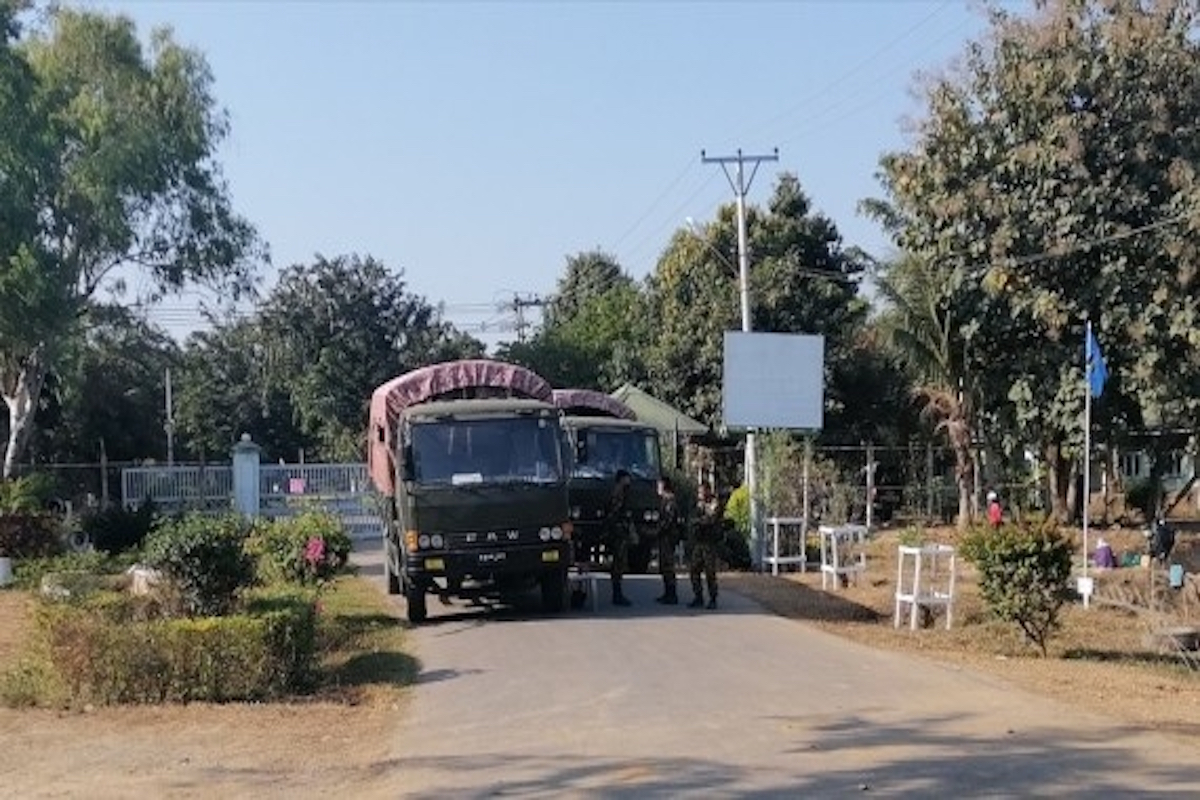Myanmar has been witness to one of the severest military crackdowns since the coup on February 1. A fairly conservative estimate has calibrated the toll at more than 80 in the city of Bago, near Yangon.
The exact number may never be accurately established as the military is reported to have removed the bodies of those killed and dumped them in the complex of the Zeyar Muni pagoda, and then cordoned off the place. That secrecy by itself is a grotesque instance of man’s inhumanity to man.
Advertisement
The dumping of bodies is indubitably an outrage of a Buddhist shrine, if ever there was one. “It is like a genocide. They are shooting at every shadow,” was the lament of an organiser of the protest against the gross injustice meted out to Aung San Suu Kyi post her election victory yet again.
While the comity of nations has generally been muted in response, the democratic world must give it to Britain and the United States of America for having appealed to the UN Security Council, to call for an urgent response in the immediate aftermath of the weekend massacre.
Both nations are likely to ratchet up sanctions on Myanmar’s military. Last Friday, the day of the massacre, the ousted MPs and Myanmar’s UN ambassador called on Security Council members to take action against the military, including the extension of sanctions and imposition of an arms embargo and no-fly zone.
The UN meeting was also warned that Myanmar was “on the brink of state failure”. The International Crisis Group’s senior adviser, Richard Horsey, said the military’s actions were creating a situation where the country could become ungovernable. According to witnesses, soldiers had used grenades and heavy weapons and had shot at anything that moved.
Calculated malevolence is, therefore, the striking feature of Tatmidaw’s relentless crackdown, now in its third month. More than 600 people have been killed since the 1 February military coup. The omnipotent army has resorted to increasing levels of violence to maintain its grip on power. The latest killings in Bago are reported to have happened last Friday but it took a whole day for the “breaking news” to emerge as many residents were forced to flee to nearby villages.
The monitoring group, called the Assistance Association for Political Prisoners (AAPP), said the actual number of deaths was likely to be much higher. Grim reality is under the hat in contemporary Myanmar. And the secrecy of the cantoment has deepened the tragedy.
Yet the military engages in an exercise in self-deception when it maintains that “protests are dwindling” because the “people want peace”, and that it will “hold elections within two years”. Myanmar can well do without so shambolic a caricature of democracy in the context of Suu Kyi’s predicament despite repeated victories of her National League for Democracy (NLD).











